 Daniel H. Pink, the #1 bestselling author of Drive and To Sell Is Human, unlocks the scientific secrets to good timing to help you flourish at work, at school, and at home.
Daniel H. Pink, the #1 bestselling author of Drive and To Sell Is Human, unlocks the scientific secrets to good timing to help you flourish at work, at school, and at home.
Everyone knows that timing is everything. But we don’t know much about timing itself. Our lives as leaders are a never-ending stream of “when” decisions: when to start a business, when to hire people, when to deal with sunk costs, when to take on debt, etc. Yet we make those decisions based on intuition and guesswork.
Timing, it’s often assumed, is an art. In When: The Scientific Secrets of Perfect Timing, we learn that timing is really a science.
The discussion starts with the topic of the Free Agent Nation – people working for themselves. Asked about Autonomy and Solitude as “motivators” versus the need for Collaboration as a team, Dan says that leadership needs to provide a balance between the two. He says the challenge is the architecture – both physically and metaphorically. He says that leaders should provide the same autonomy inside and outside the organization; and a sense of purpose whether the team member is full-time, part-time, or contracted.
[4:07] By 2020, 43% of the workforce will be in the ‘gig’ economy. This requires different work environments and skills from leaders. Daniel wrote Free Agent Nation in 2001, before smartphones. In the years since, the difference between employee and freelancer has shrunk.
[5:56] Leaders influence, persuade, convince, and cajole. These leadership roles are sales activities. and effort, time, commitment, belief, and zeal are the currency. Leaders and sales reps have little coercive power. Both roles must be adept at broadly influencing people.
[7:41] ‘If/then’ motivators are effective only for simple, short-term tasks. Most leaders undervalue questions of timing in leadership decisions. They think of who, what, and how, but don’t consider when to do it. The book, When -is really about the science of timing… and that leaders have systematically undervalued questions of when and timing when making critical decisions. Too often leaders focus on who, what and how, and short shrift when. Time management and timing overlap.
[9:28] “Time-of-day explains about 20% of the variance in human performance on the sorts of tasks people perform at work.” Timing is important. Leaders can boost productivity, creativity, and team performance at essentially no cost by putting the right task during the right time of day. “All times of day are not created equal.”
[11:34] Be conscious of the stages of the day. There are three stages – peak, trough, and rebound. Your best analytic and focused work is done in the peak time. The trough period is when you lose attention. Administrative tasks could be done in this time. The rebound period is an ideal time for creative and collaborative work. Doing the right work at the right time will lift performance.
[14:40] Chronobiology: There are morning people (larks) and evening people (owls). Younger people are more often owls, and older workers are more often larks. For example, people aged 14-24 are usually Owls, so you need to allow for rhythms according to their ages (no meetings at 7am for a young team!).
[19:19] Daniel explains the new ABCs of Selling: Attunement, Buoyancy, and Clarity. Attunement is the difficult leadership skill of seeing from another’s point of view. Clarity is communicating intent. Leaders need to explain the what, the why, and the significance of the mission. Buoyancy represents treating everyone fairly. Attunement is seeing someone’s else’s point of view (a little different than empathy). As for “Commander’s Intent” – people often don’t know what they’re supposed to do and how it fits in at a strategic level; which is a leadership imperative. Other ways to communicate intent: Here’s why; Here’s what it means to all of us; and Here’s why it’s significant…
[22:53] Daniel takes organizations through an exercise described in “DRIVE,” he calls “Whose Purpose Is It, Anyway?” That is, what’s the purpose of this company? It reveals that many employees have no idea about the purpose of their company. It leads to discussion of an organization finding their purpose.
[27:10] From the book DRIVE, Daniel says we have an innate drive to grow, but we can only do it with information on how we are doing. Leaders need to give continual feedback to employees. Weekly, informal one-on-ones work well for that. Leaders need to be coached on how to do them.
Asked, “What drives you, Dan?” He say he was making timing decisions in a haphazard way, and wanted to make better decisions about when to spend time.
[31:37] Most people are curious about something. Leaders are taught to talk, not to listen, and to answer questions, not to ask them. Curiosity can be developed somewhat… If you get better at asking questions and listening, you’ll get better at being curious. This also requires patience. Dan is committed to reading more – at 30 minutes per day. How about you?
How to contact Dan:
“All times of day are not created equal”
Too often leaders focus on who, what and how, and short shrift when.
Doing the right work at the right time will lift performance.
“Treating everyone well doesn’t mean treating everyone the same!”
People have a deep-seated need for belongingness – and leaders who account for this – can derive tremendous benefits.
Fairness doesn’t get enough attention. Humans are attuned to the norm of fairness.
“Leaders who are fair are those who will thrive in the long run.”
“The ability to listen well is a deeply under-developed skill.” “The feedback mechanisms in companies are fundamentally broken.”
“Leaders need to establish continuous conversations.”
Annual performance reviews are an absurd channel for feedback.
Leadership should provide informal and frequent high-metabolism kinds of feedback!
Follow your curiosity!
Find about where people are curious in some other realm of their life.
Help people get better at asking questions to develop their ability listen.
We need to be more intentional – and less like driftwood.
Schedule what’s actually meaningful!
Schedules should be sacrosanct.
Bio
Daniel H. Pink is the author of five provocative books — including three long-running New York Times bestsellers, A Whole New Mind, Drive, and To Sell is Human. His books have been translated into 35 languages and have sold more than 2 million copies worldwide. He lives in Washington, DC, with his wife and their three children.

These are the books mentioned in Dan’s podcasts.


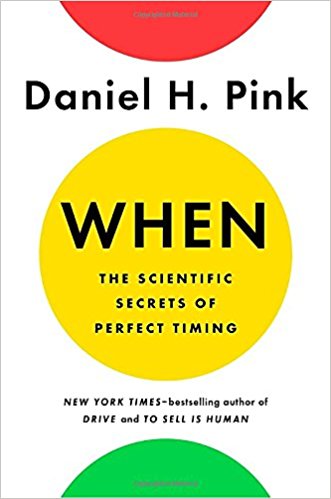

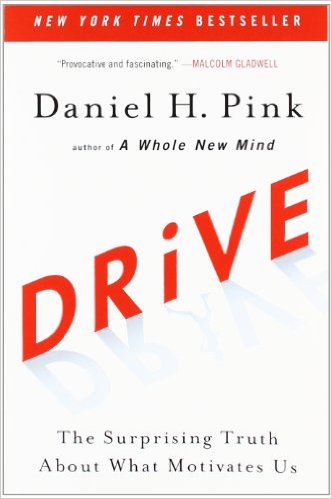
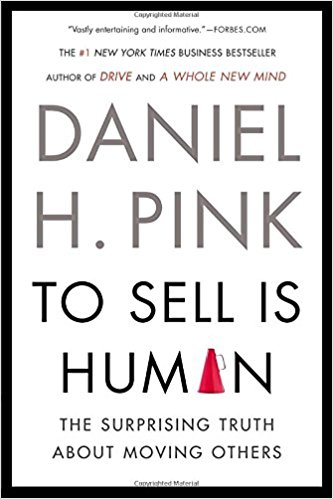
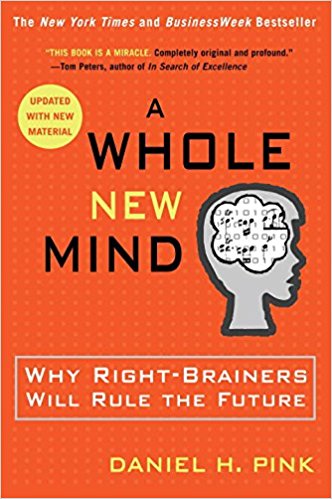
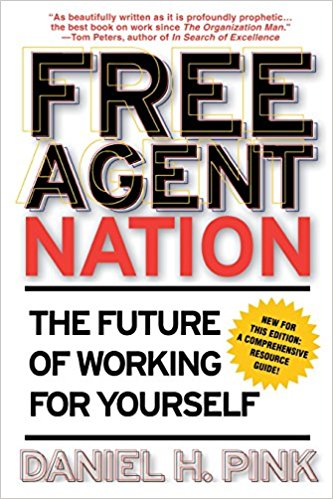
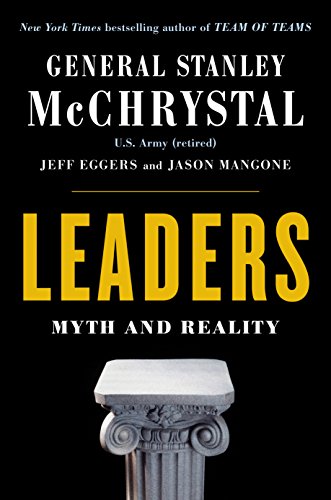


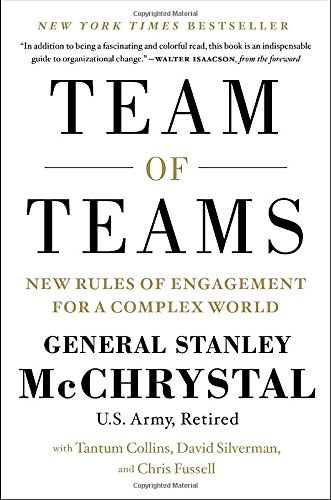

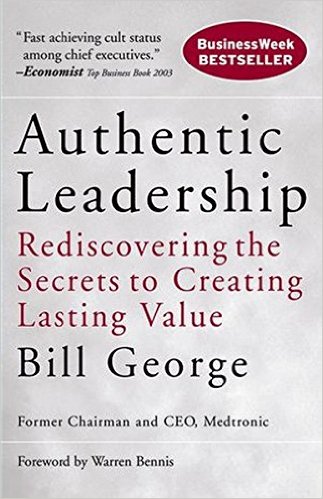
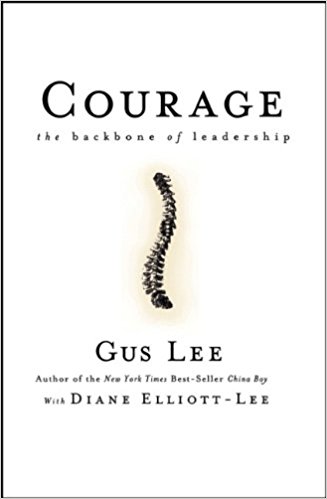
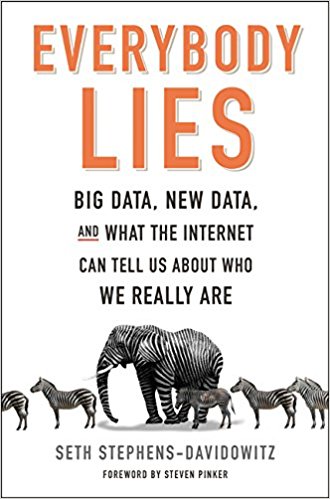
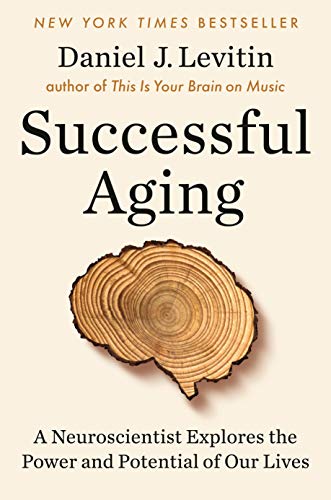
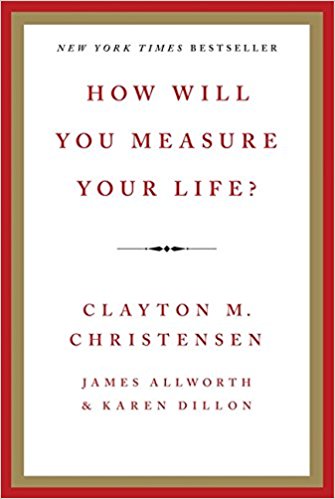
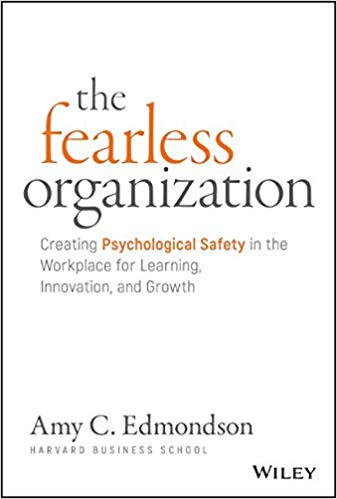
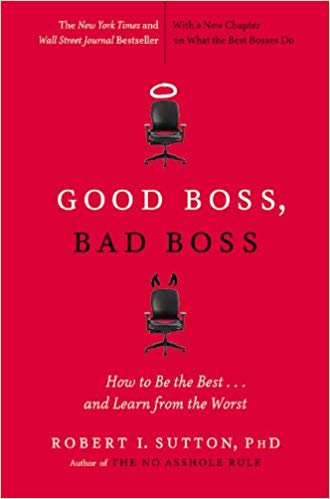
Recent Comments